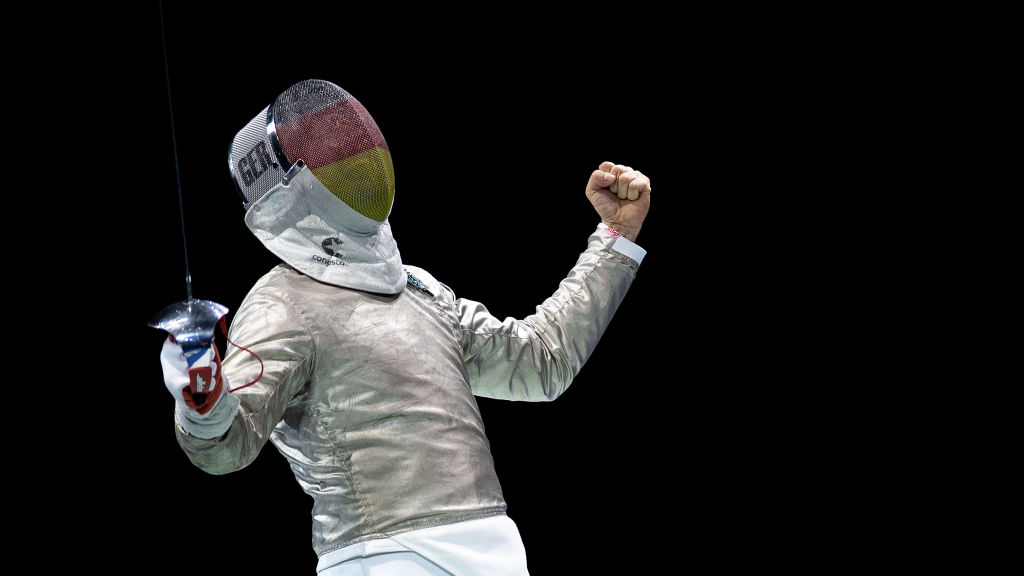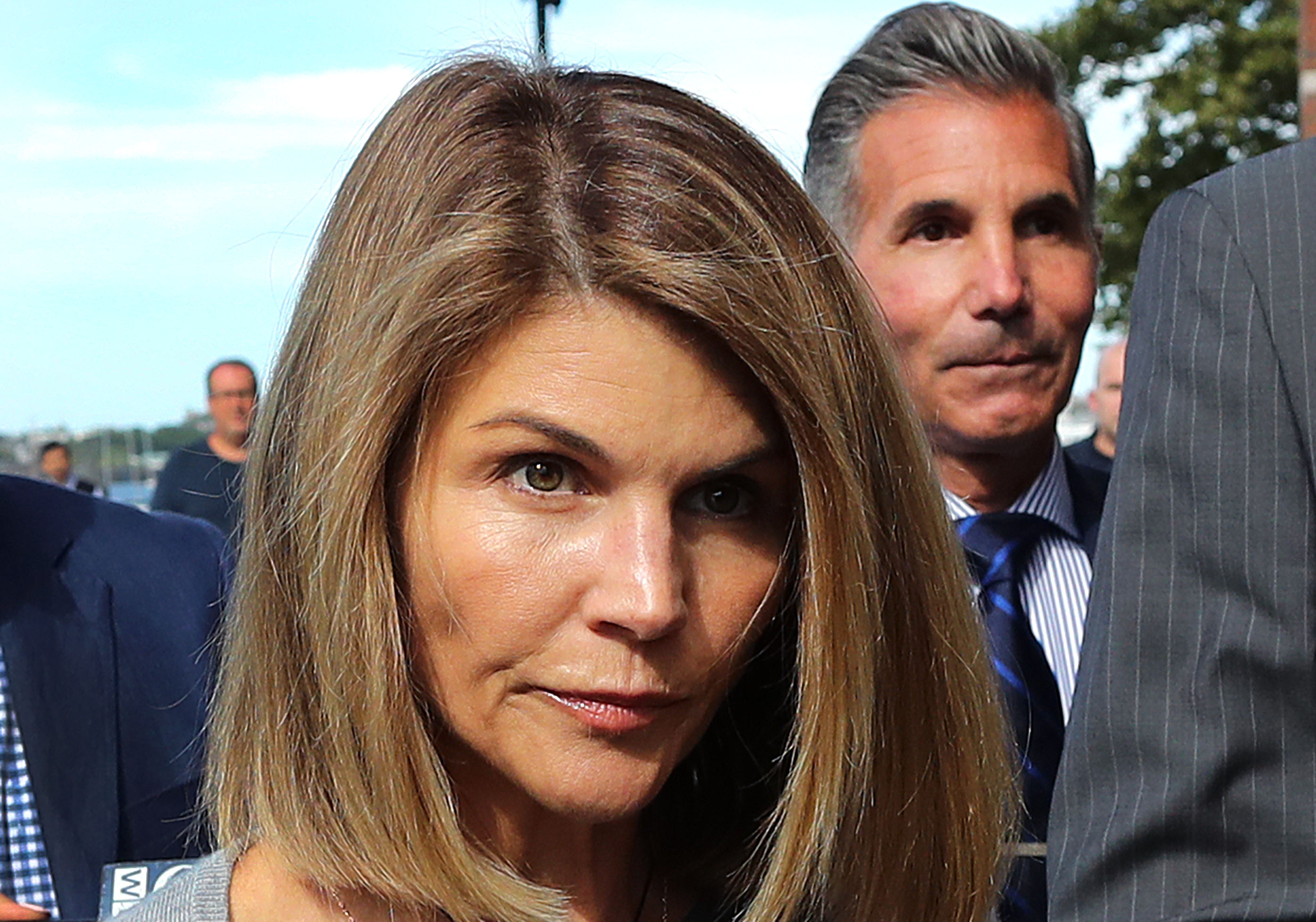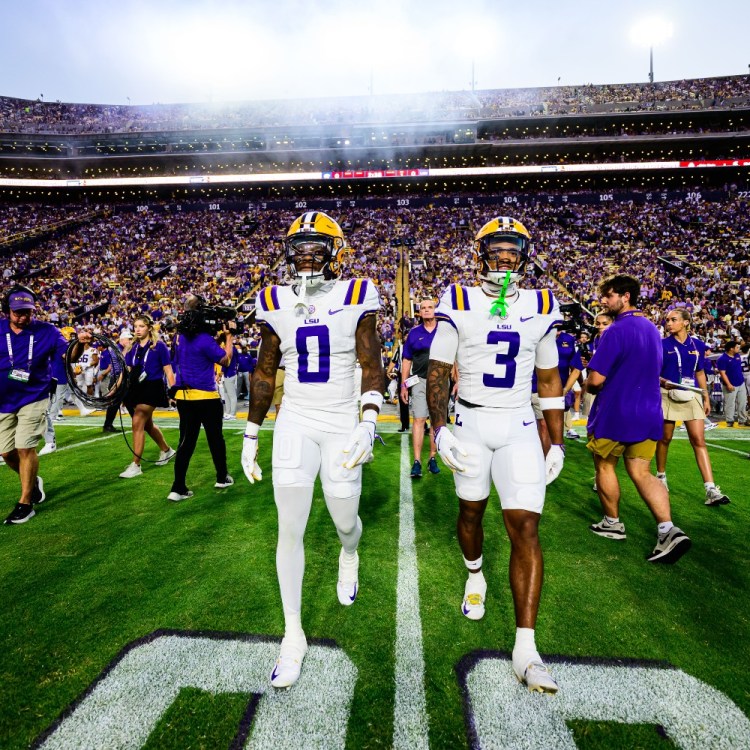Editor’s note 11/2/2020: In a nearly unprecedented move, the Atlantic yesterday issued a full retraction of the article discussed below. You can read an explanation here.
Sports like squash, water polo and fencing might not seem as competitive to some readers as the likes of football or basketball — but that might not be the case if you’re a student looking for admissions to an elite university. A new article by Ruth S. Barrett at The Atlantic traces the ways that niche sports have become the grounds for increased competitiveness among certain groups, and how COVID-19 might substantially change that landscape.
What does that translate to, in practical terms? Barrett quotes a parent from Darien, Connecticut lamenting a societal shift in their community. “There’s no more school. There’s no more church. No more friends,” they said. “We gave it all up for squash.”
As Barrett writes, this increased competitiveness exists for a reason. “The special boost for recruited athletes, known as preferential admission, can be equivalent to hundreds of SAT points,” Barrett notes. But there can also be downsides to this — the article explores the case of someone whose commitment to lacrosse hit a snag when their preferred colleges didn’t offer it as a sport.
The article suggests that the pandemic — which has shifted the landscape of collegiate sports considerably already — might further transform existing trends in this world. Barrett writes that the existing system has begun to calcify: “alpha sports parents followed the rules — at least those of the meritocracy — only to discover that they’d built the 80th- or 90th-best lacrosse midfielder in the country.”
It’s a sobering look at another facet of how the push for admissions at elite universities can have unexpected consequences — and that’s before you factor in the presence of the pandemic.
Subscribe here for our free daily newsletter.
Whether you’re looking to get into shape, or just get out of a funk, The Charge has got you covered. Sign up for our new wellness newsletter today.

















